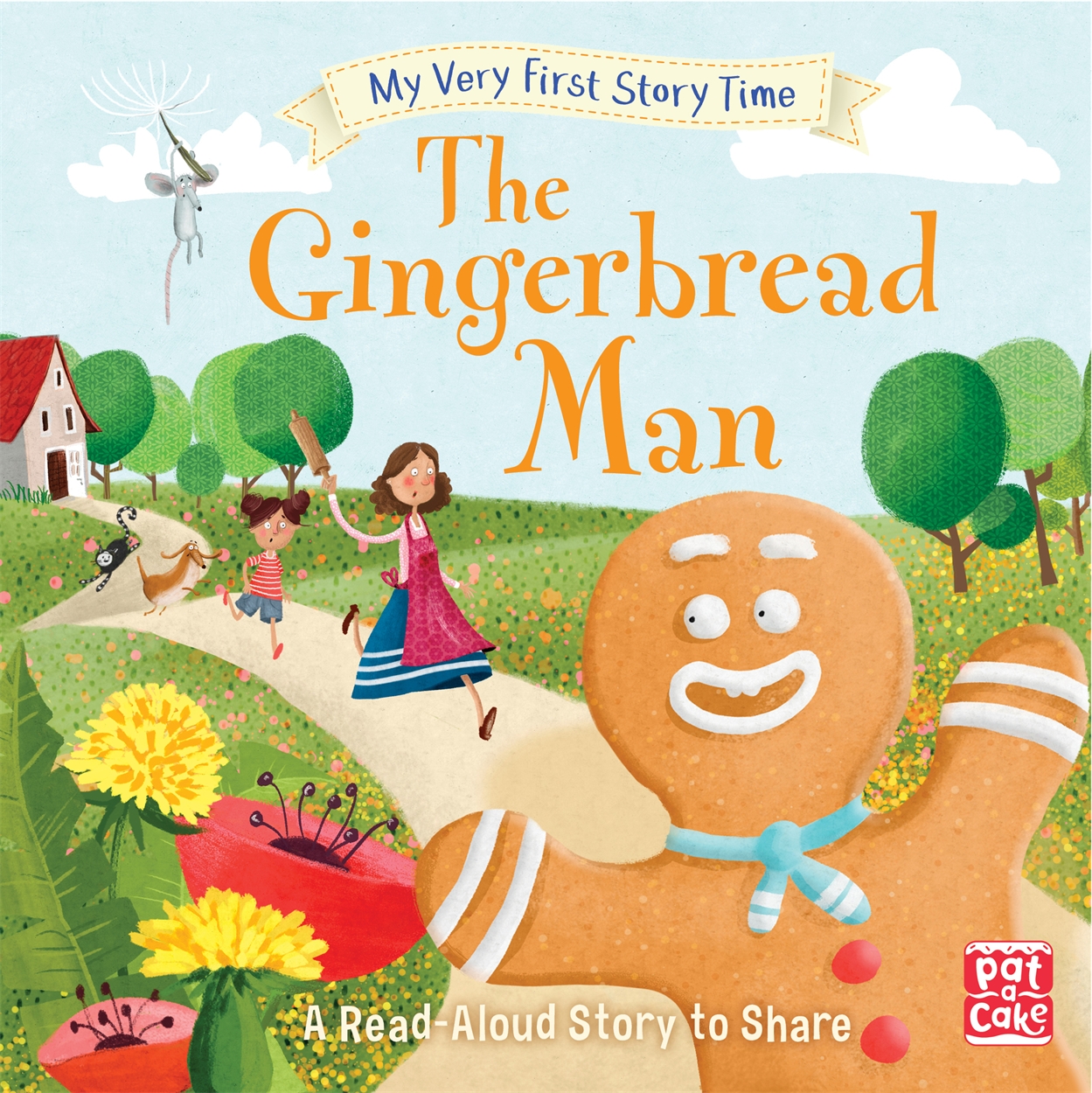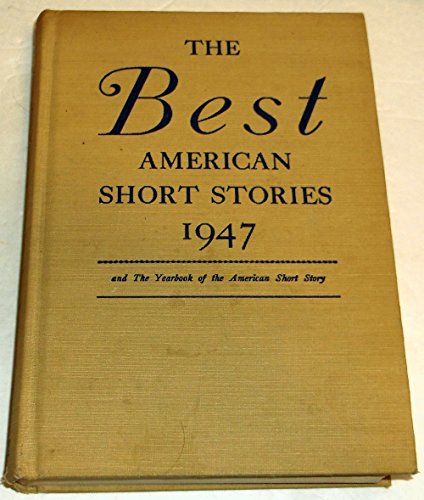
The lions in the nursery are clearly uncanny in that they are meant to be simulations but suddenly, somehow, become flesh-and-blood creatures, with devastating consequences for the parents in the story. One of the classic examples which Freud cites is the idea of inanimate objects coming to life, such as dolls, or the carved crocodiles on a table which start to move.

‘The Veldt’ might be analysed in terms of the uncanny, Sigmund Freud’s theory of the strange feeling we experience when we find the familiar within the unfamiliar, or the unfamiliar lurking within the familiar. And such anxieties obviously feed into Fahrenheit 451, in which books are banned not because of what they say, but because of what they represent: free expression and critical thinking rather than passive consumerism. In a telling remark to his father, Peter objects to the shutting down of the house’s automated features because, rather than learning to paint for himself – a symbol of human creativity – he wants to do nothing except ‘look and listen and smell what else is there to do?’īradbury clearly had a deep unease about such willing passivity: see his short story ‘ The Pedestrian’, in which a whole city has happily surrendered its activity in favour of staying indoors every evening and passively consuming hours of television. The nursery – which should, as the psychologist comments, be a space where they paint their thought-pictures upon its walls – has become a room of destruction and death.

When they are creative and imaginative, their thoughts are destructive rather than creative, bringing to life their animosities towards their parents in a weird and unsettling twisting of the idea of ‘play’. Barrie’s celebrated story for children, Peter Pan, but the naming turns out to be ironic, since Peter Pan was a boy blessed with (condemned to?) perpetual childhood, ‘the boy who would never grow up’, whereas Bradbury’s Peter has already grown up too quickly.Īs George comments to his wife, their children come and go as they please, head out to parties on their own and return when they wish: in many respects, the roles of parent and child have become reversed.īut they have also lost the boundless creativity which, Bradbury would doubtless agree, should be fostered in children from a young age.

Wendy and Peter are clearly named after the characters from J. In terms of raising children, this issue also carries other implications. In ‘The Veldt’, the human destruction is on a more local, domestic scale, but it is similarly a result of our reliance on technology. In that story, a fully automated house is left deserted, making breakfast for its human inhabitants who have perished in a nuclear war.


 0 kommentar(er)
0 kommentar(er)
